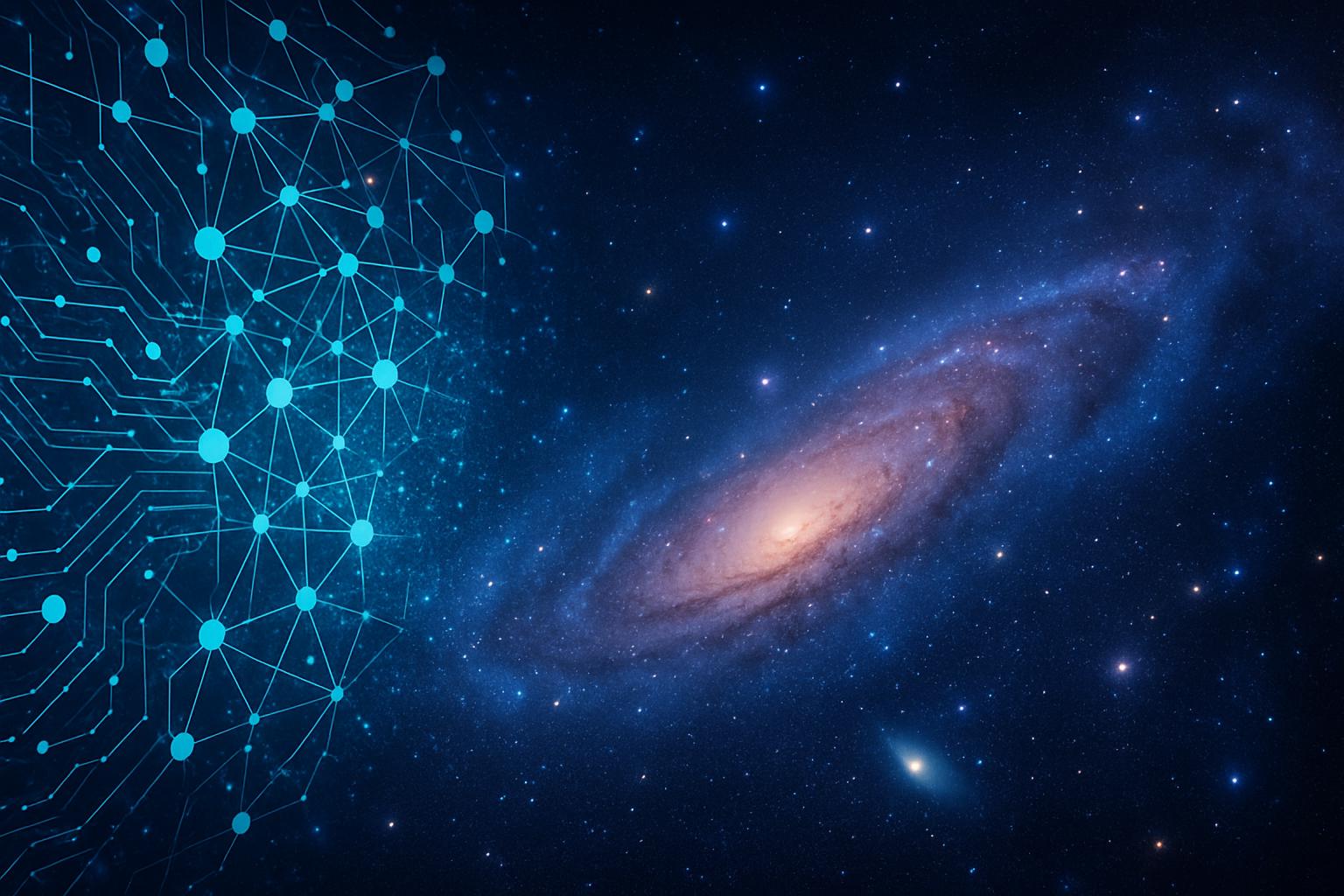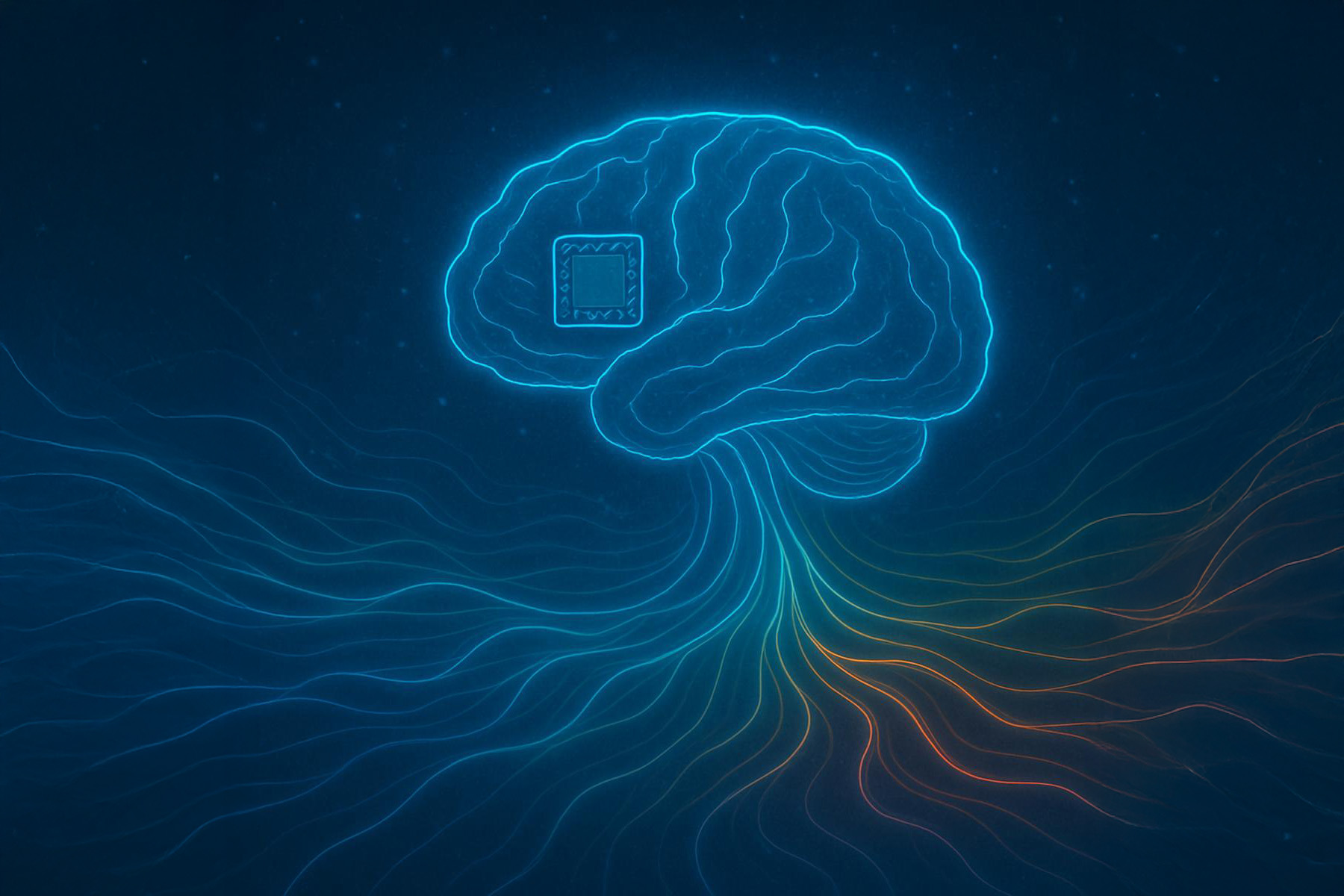
AI: Our New Cosmic Co-Pilot in the Search for Extraterrestrial Intelligence
In the vast expanse of technological innovation, we often focus our attention on how AI is transforming business operations here on Earth. But what if I told you that artificial intelligence is simultaneously spearheading humanity’s most profound cosmic quest? The search for life beyond our pale blue dot is being revolutionized by the same AI technologies that are reshaping industries around the globe.
From Business Intelligence to Cosmic Intelligence
The algorithms optimizing your supply chains and predicting market trends are now being repurposed to scan the infinite cosmos. This paradigm shift represents one of the most fascinating intersections of cutting-edge technology and our species’ eternal curiosity about our place in the universe.
Meet Dalek: Harvard’s AI-Powered Cosmic Detective
Scientific institutions are bringing unprecedented technological rigor to the UAP (Unidentified Aerial Phenomena) discussion. The Harvard-Smithsonian Center for Astrophysics, in collaboration with the Galileo Project, has deployed an advanced AI-powered infrared camera system nicknamed “Dalek.”
Despite its ominous sci-fi namesake, this technological marvel isn’t here to conquer—it’s here to discover. Dalek employs a sophisticated multi-sensor, multi-spectral approach, analyzing movement patterns, shapes, colors, and even acoustic signatures in mere milliseconds.
What sets Dalek apart is its commitment to scientific transparency. By providing publicly available data on UAPs, it aims to replace speculation with empirical evidence. This represents just the first node in what researchers envision as a comprehensive network of AI-powered observatories creating a global detection grid.
AI as Our Cosmic Real Estate Agent: Finding Earth 2.0
Finding potentially habitable worlds among the billions of stars in our galaxy presents a data challenge of astronomical proportions. Researchers at the University of Bern have developed an innovative solution: a machine learning model trained on complex simulations of planetary formation and evolution.
The results are nothing short of remarkable. This AI system can predict which planetary systems are most likely to host Earth-like planets with up to 99% accuracy. It has already identified 44 stellar systems as prime candidates for harboring potentially habitable worlds.
By dramatically accelerating the search and prioritizing the most promising targets, this AI application is guiding future space missions like PLATO and LIFE toward cosmic neighborhoods with the highest probability of success.
Strategic Implications for Leaders and Innovators
The application of AI in the search for extraterrestrial intelligence illustrates several key principles relevant to business leaders:
- Pattern Recognition at Scale: AI excels at identifying subtle patterns in massive datasets that would be impossible for human analysts to process—whether that’s consumer behavior trends or potential technosignatures from distant stars.
- Resource Optimization: By predicting which exoplanetary systems deserve closest scrutiny, AI helps allocate limited research resources efficiently—a principle equally valuable in business decision-making.
- Interdisciplinary Innovation: The most profound breakthroughs often occur at the intersection of seemingly unrelated fields. The marriage of astrophysics and machine learning exemplifies this boundary-dissolving approach.
The Cosmic Perspective
As AI extends humanity’s perceptual and analytical capabilities beyond our planet, we’re reminded that the applications of these technologies are limited only by our imagination. The same algorithms powering your business intelligence dashboard today might help discover the first evidence of life beyond Earth tomorrow.
When we contemplate AI’s role in scanning the cosmos, we’re forced to reckon with profound questions about intelligence itself—both artificial and potentially alien. What constitutes intelligence? How might it manifest in environments radically different from Earth? And how might our AI systems help us recognize forms of intelligence that don’t resemble our own?
The search for extraterrestrial intelligence using AI doesn’t just expand our technological horizons—it expands our philosophical ones as well. And that might be the most valuable transformation of all.
Sources
- https://www.sciencealert.com/infrared-ai-camera-proposed-to-scan-earths-skies-for-signs-of-alien-visitors1
- https://projects.iq.harvard.edu/sites/projects.iq.harvard.edu/files/galileo/files/s2251171723400020.pdf2
- https://astrobiology.com/2025/04/where-to-find-the-next-earth.html3
- https://dailygalaxy.com/2025/04/scientists-built-ai-find-alien-worlds/4
- https://www.si.edu/support/impact/age-of-ai/life-on-exoplanets5
- https://www.vice.com/en/article/an-ai-camera-could-soon-be-scanning-the-skies-for-aliens/6
- https://www.eweek.com/news/ai-search-alien-life-earth-like-planets/7
- https://www.universetoday.com/articles/an-all-sky-infrared-camera-could-search-for-alien-spacecraft-1
AI: A Journey Through Time
Artificial intelligence (AI) is rapidly changing the world as we know it. With the emergence of rea
The AI That Could Save Your Life: How Artificial Intelligence is Rewriting the Rules of Medicine
Picture this: Your loved one is diagnosed with a rare disease. You’re told there’s no tr
Restoring Movement: China’s Bold Leap in Brain-Computer Interface Technology
The field of neurotechnology is buzzing with a significant breakthrough hailing from China. Research




